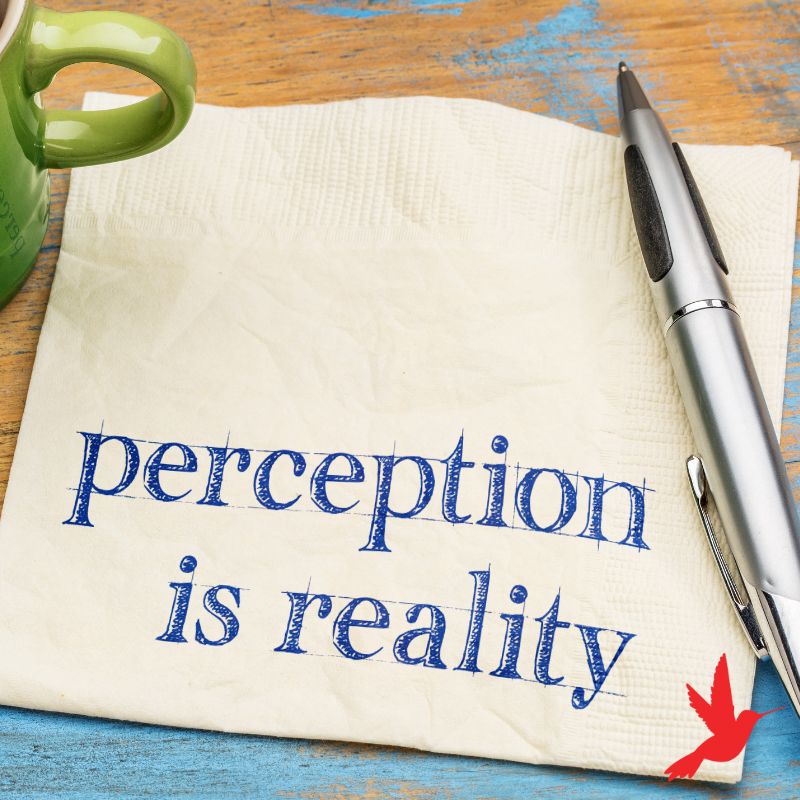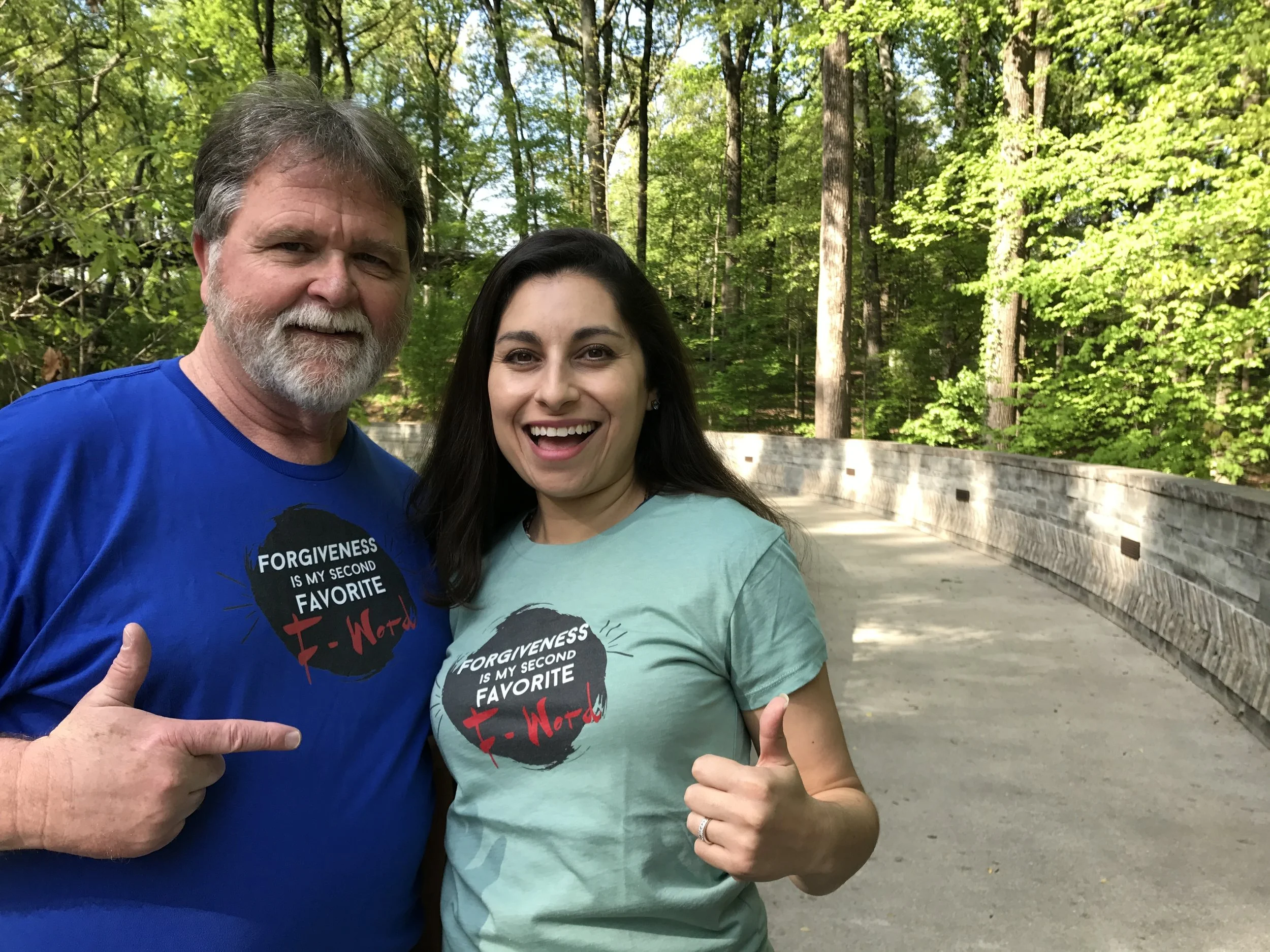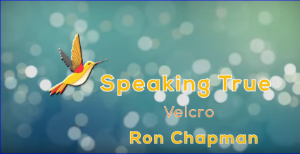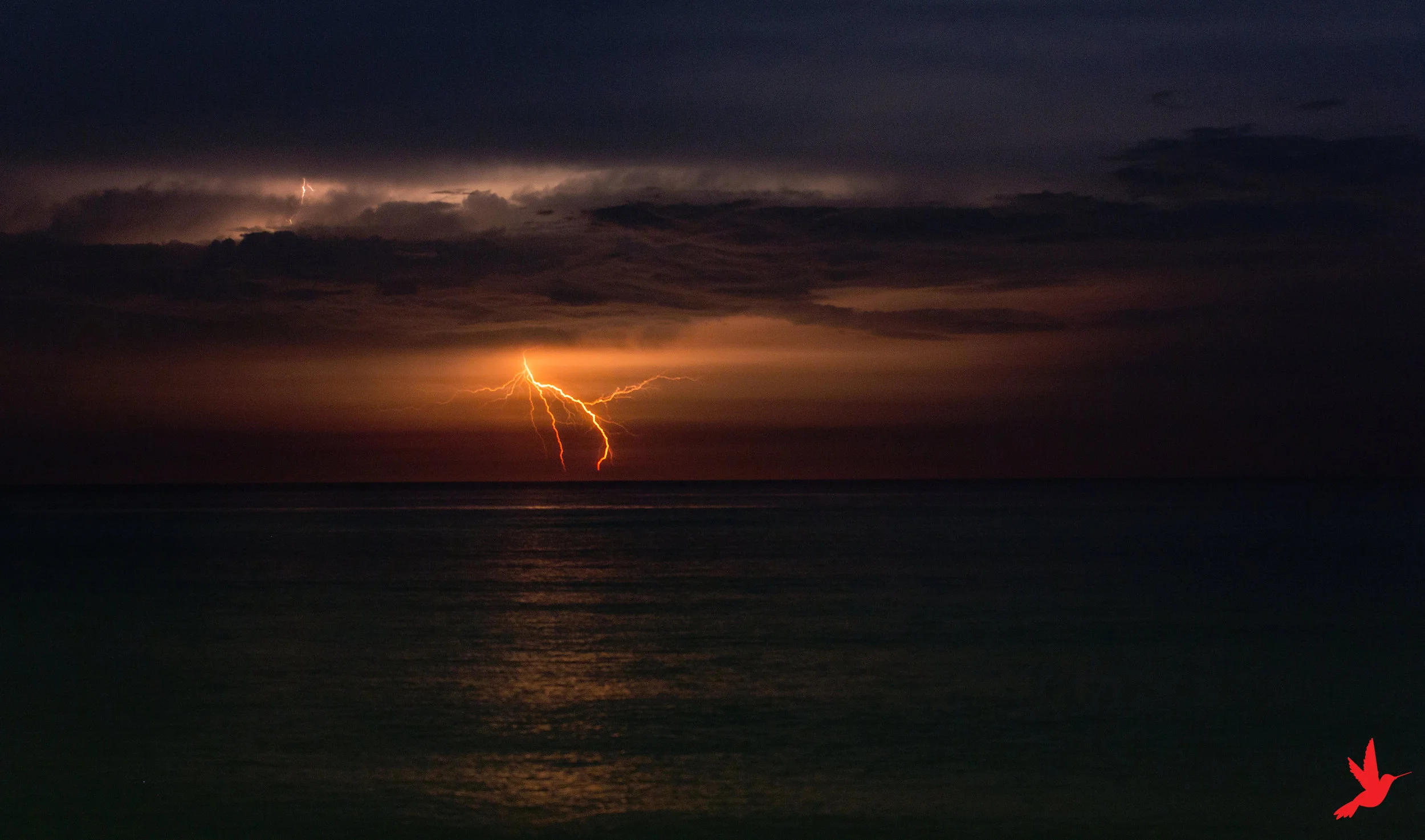
Forgiveness
If you are letting your attachments to old ideas, feelings, and events hold you back, then it's time to release them in order to move forward.
Releasing is an intentional act, though in many ways quite mysterious. Whether we call it releasing, forgiving, letting go, yielding, surrendering or abandoning, we each have had experiences of something suddenly shifting and casting us into freedom. However, most of us are hard pressed to explain how we forgive and thus how we are freed. Some would say it is not an act of the will, but something that comes to us or falls upon us. Despite the mystery, there are any number of practices which can facilitate letting go. Sometimes the process of forgiving and releasing will lead us to a moment of clarity where we see the nature of our attachment and it simply falls away. At other times we may have to use any number of practical approaches like journaling, a list of pros and cons, or diagnostic tools. Some of us will need prayer or affirmation work. In some cases we'll need support from counselors, clergy or advisors.
Twelve step recovery offers a number of tools, as do New Thought and a wide range of psychological, spiritual and philosophical disciplines. The issue with releasing is not in using the “right” approach, since that does not exist, but in working more deeply to understand and see what will be needed, then utilizing new or known approaches. Often we use experimentation to discover success from which we can then build greater awareness, skills and capability. Then releasing becomes replicable and reliable, though never static.
Do you know what's holding you back? What are the nature of your attachments? What are the means for letting go? Do you understand the value of forgiving? Is your grudge affecting you more than the person you can't forgive?
There are some things about us that just are the way they are. And of course, that's true of everyone else. So if we're gonna give ourselves some slack, because we are who we are, and we have the tendencies we have, then that's true of others.
How might our lives transform if we dared to explore and fulfill the purpose that our wild and precious journey calls us toward?
Seeing differently changes our relationship to something. I don't know if we can change the world, but we absolutely can change our perspective and relationship to the world, and that changes everything.
Anytime we make something special or distinctive, we set into motion a whole cascade of events that negates others, and can turn the world in some disturbing directions.
There is a great phrase in the recovery communities and they call it the “language of the heart. " It is when we set aside a lot of the superficial things that many of us spend our time in: the small talk and all those things.
We are interconnected, that we cannot separate ourselves from the reality in which we are immersed. It was only a small step from that to a moment of awe. And from that, to appreciation, even gratitude. Which then led to reverence.
The idea that we can live in acceptance is no small matter. Actually, it’s a very large matter, since from our birth it is utterly human to try to manage or control reality. It is only with time, and perhaps with some acquired wisdom, that we come to realize much of reality is not changeable by us.
When I teach or talk about inherent innocence, invariably it agitates some folks so much that they get snarky, or even attack. Let’s be clear: Inherent innocence does not mean acts of commission or omission have not occurred. It doesn’t mean it is right, or even justified. It certainly does not mean we are not to take action.
There is not and cannot be an alternative present moment. It can only be right here and right now, exactly as it is, and exactly as it is not. So the only question worthy of our consideration is what to do with this moment that life has provided?
It’s pretty common to hear that fear is normal, even healthy. I’m not so sure. What if fear is like the pain a hot stove can produce? A call to pay attention, and to consider, and thus to act out of awareness?
A central principle for me is to tell the truth about myself to myself. Sometimes I have to tell those truths to you so I can remember. Thirty years ago, a teacher gently began to show me that "the kingdom of heaven is within you." Through all this time, lesson after lesson, we have sought to explore and let go of the countless ways that my utterly human self gets in the way of that realization.
Over the years of our lives, we regularly experience loss, disappointment, failure and the like. This is not to say that life does not include joy, success and other positive experiences, but it is those events and circumstances that hurt our heart which need our attention.
Did you ever wonder why it is we act in ways that seem to be irrational? Are you curious why it is so many of us are so often unable to change our behavior? Why don’t we do better even when we know better? In this Seeing True mini-workshop, we look deeply to understand what drives our behavior.
Quite recently, I had an epiphany. It came amid what is arguably a very long run of exceptionally good things in my life. Yet, I have been sensing for a while that something is not quite right.
Every person has multiple facets and personalities. Being true to different parts of ourselves allows us to accept more of our selves and give us greater insight into how we can achieve the goals we set and some of the patterns in our lives.
There’s something to be said for seeing ourselves in a different light as we grow and evolve. In fact, there is a peace in knowing we are all works in progress and the learning will never stop.
The end of the year is a powerful transitional period. It is also a great time to come back into alignment and let go.
Somehow, we need to hold true to continuing to grow with and through difficulties. To deepen ourselves in the presence of what forces we must face. To fully engage ourselves and our lives in order to be reconciled.
In the West, there is a tendency toward action and problem solving. In the East, we would be encouraged toward greater contemplation. Of course, the human psyche has evolved to avoid disturbance in every way possible. What a conundrum. Avoid or engage?
The funny thing about expectations is that they reveal themselves when you least expect it.
On this episode of "Speaking True," we take a look at how we unknowingly come to feel entitlements, and what to do to release them.
"So first I ask myself if I have been a perpetrator. The answer is mostly reassuring. I have never knowingly acted against women, blacks, Latinos, Muslims, or Native Americans. I’m not guilty of overt acts.However, when I search deeply, it pains me to acknowledge that there has been much ignorance on my part..."
"A young woman who considers me a teacher and mentor asked me last week how to hold up in the presence of so much disharmony in the world. She’s scared by gun violence, nuclear confrontation, global warming, and social and political strife. She’s also a dark-skinned woman and is afraid to travel outside the city of Atlanta. “There are people out there who hate me and want to hurt me,” she whispered."
Every interaction we have with the world is defined by the stories we tell ourselves about the situation. In this episode of Speaking True, Ron talks about judgement and how it created a story he was telling himself.
Have you ever thought that maybe an F-bomb was the only word that would truly emphasize the point you're trying to make? Well, me too! In fact, I'd argue that it's a more powerful word than we give it credit.
The only type of love is unconditional love. But that's much easier said than done! Join Ron for this episode of Speaking True, on How to Love Without Conditions
Have you ever wondered how Velcro works? Sometimes our interactions with others work the same way. Many of us get “hooked” together in dynamics and with people in such a way that isn’t beneficial to our well-being.
While being brutally honest about our struggles can be deeply uncomfortable, much good can come of it. What if sharing your struggles helps someone else with theirs?
Here is my article from the Conscious Life Journal, about using forgiveness to foster spiritual transformation.
Recently, I've been traveling around the South giving workshops on Forgiveness. Because Forgiveness work is ongoing, and because not everyone lives in an area where they can easily attend one of the workshops, we've decided to share this Sunday message that preceded the workshop at Richmond Unity a few weeks ago. Enjoy!






























Ron Chapman returns to Unity Renaissance of Chesapeake with his latest insights and messages from an inner pilgrimage that began a few years ago. He will reconnect with some of the themes he shared during past visits and introduce us to what he now calls Experiential Spirituality.